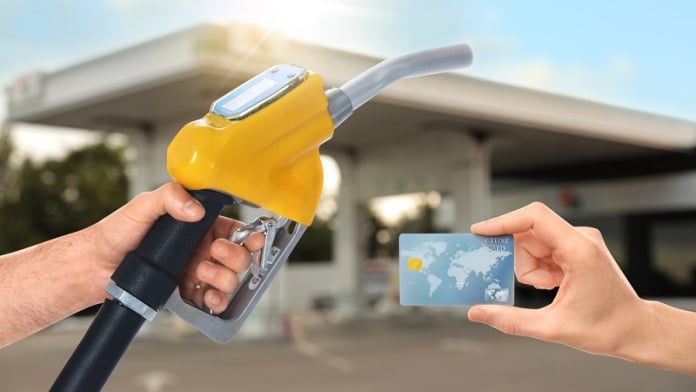Air Pollution from Fleet Emissions
One of the most immediate and noticeable impacts of fleet fueling is air pollution. Most fleets rely on diesel or gasoline-powered vehicles, which emit carbon monoxide, nitrogen oxides, hydrocarbons, and particulate matter. These pollutants contribute to smog formation, respiratory illnesses, and environmental degradation.
Carbon dioxide emissions from fossil fuel combustion are particularly concerning due to their link to climate change. Fleets running on traditional fuels contribute heavily to greenhouse gas emissions, which trap heat in the atmosphere and lead to global warming. With transportation being one of the largest sources of CO2 emissions globally, fleet operators are under increasing pressure to reduce their carbon footprint.
Fuel Spills and Soil Contamination
Another environmental concern associated with fleet fueling is the risk of fuel spills. Whether during delivery, storage, or while refueling vehicles, accidents can happen, leading to diesel or gasoline seeping into the ground. These spills not only contaminate soil but can also reach groundwater sources, affecting drinking water and local ecosystems.
Even small, routine spills can accumulate over time and lead to significant environmental damage. Improper fuel storage and handling practices exacerbate this problem. Once contaminated, soil and water require expensive and time-consuming remediation efforts, and ecosystems can take years to recover.
The Role of Fuel Storage Tanks
Underground and above-ground storage tanks used in fleet fueling operations also pose environmental risks if not properly maintained. Leaks can occur from corrosion, mechanical damage, or improper installation. If these leaks go undetected, they can cause long-term contamination of surrounding environments.
Regular inspections, compliance with environmental regulations, and investment in modern, leak-proof tank systems can reduce this risk. However, not all fleet operations prioritize these investments, especially if they are not immediately cost-effective. This oversight can lead to major environmental consequences down the line.
Energy Consumption and Resource Use
The extraction, refining, and distribution of fuel used in fleet operations also consume a significant amount of natural resources and energy. Producing fuel is an energy-intensive process that contributes to greenhouse gas emissions even before it reaches the fleet vehicle.
From drilling for crude oil to refining it into usable fuel and transporting it to fueling stations, every stage of the fuel lifecycle involves emissions and resource consumption. These indirect emissions and environmental costs are often overlooked when assessing the total impact of fleet fueling but are a major part of the picture.
Shifting Toward Cleaner Alternatives
The growing awareness of environmental impacts has led many fleet operators to consider alternatives to traditional fuels. Electric vehicles, biodiesel, and compressed natural gas are increasingly being explored as cleaner options. These alternatives produce fewer emissions and can help reduce the overall carbon footprint of fleet operations.
Transitioning to electric fleets, in particular, can significantly lower greenhouse gas emissions, especially when the electricity is sourced from renewable energy. While initial investment costs and infrastructure changes can be high, the long-term benefits for the environment and operational efficiency often outweigh these challenges.
Government Regulations and Incentives
Governments around the world are stepping in with regulations and incentives to encourage cleaner fleet fueling practices. Emission standards, carbon taxes, and fuel efficiency mandates are pushing fleet operators to adopt more sustainable practices. In some regions, grants and tax breaks are available for businesses that invest in cleaner technologies or switch to alternative fuels.
These regulatory pressures, combined with growing consumer demand for environmentally responsible businesses, are making it increasingly important for fleet managers to evaluate their fueling practices.
Operational Strategies to Minimize Environmental Impact
Beyond switching fuels, there are operational strategies that can help reduce the environmental impact of fleet fueling. Route optimization software can reduce miles traveled and fuel consumption. Regular vehicle maintenance improves fuel efficiency and reduces emissions. Driver training programs can also encourage fuel-efficient driving habits.
Monitoring fuel use and emissions data helps businesses track progress and identify further opportunities for improvement. These small operational changes, when implemented across an entire fleet, can make a noticeable difference in environmental outcomes.
